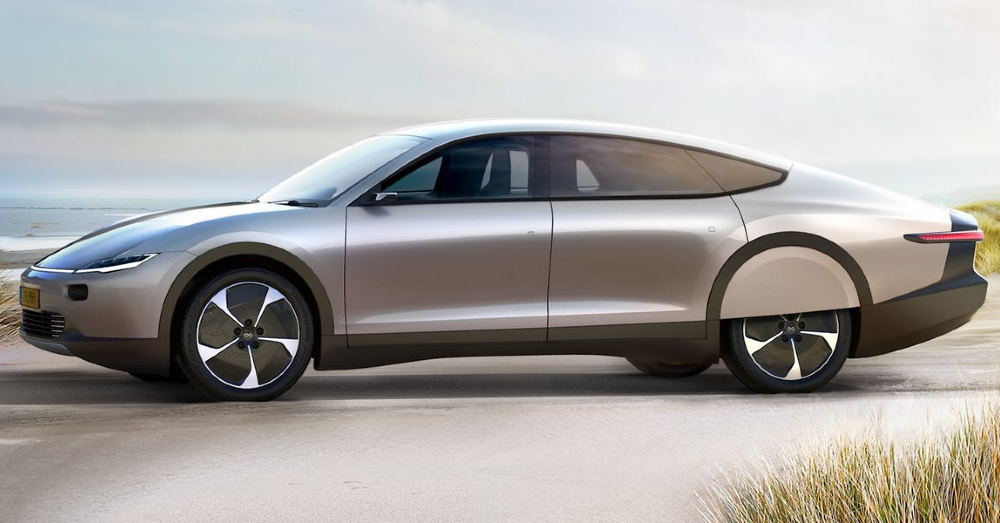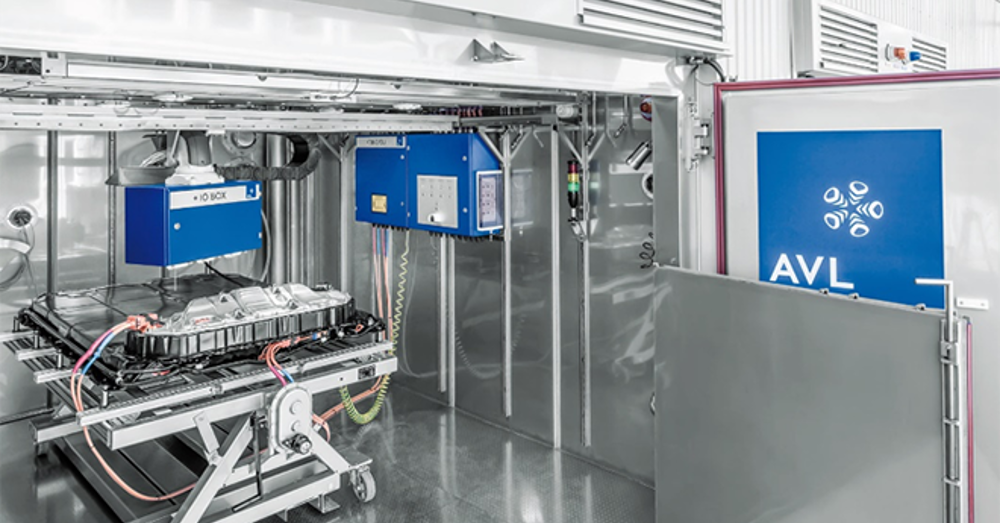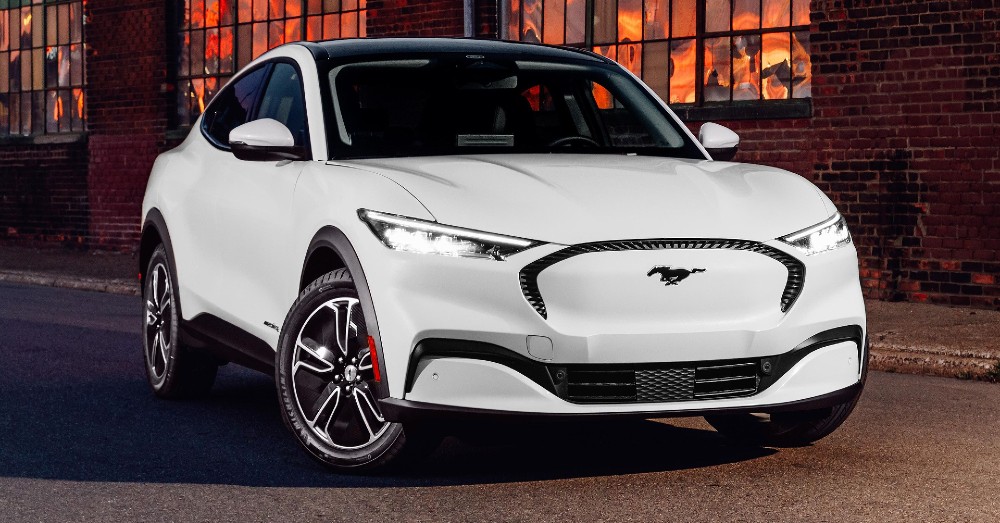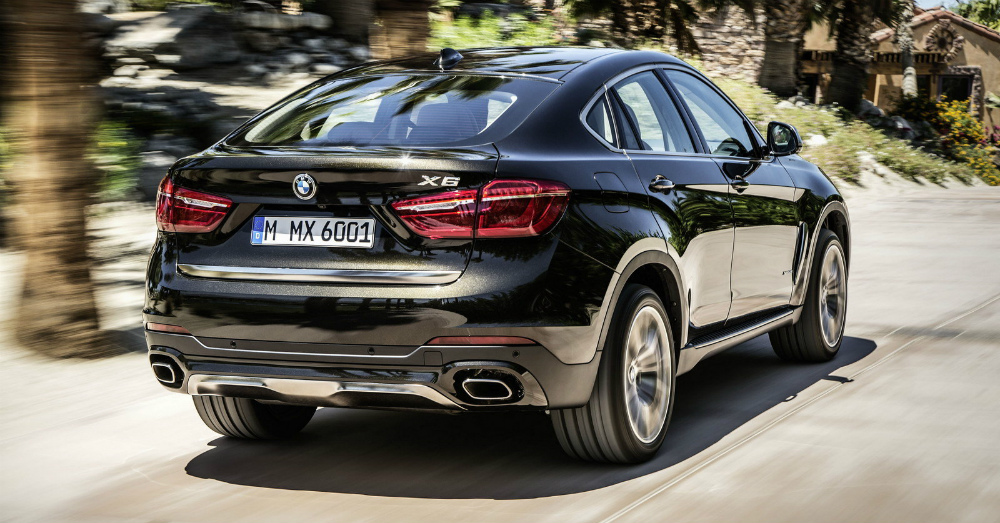
We Know About Electric Cars But What About Solar Cars?
There’s no question that electric cars will be a huge part of the future of driving. These clean, eco-friendly automobiles are raising the bar on what’s possible with an electric vehicle. What if you could drive the same powerful and pollution-free vehicle without having to stop to charge the battery? That’s where solar cars are looking to make their mark.
Even though solar cars are still in their infancy, these vehicles are closer to becoming a reality than you might think. Currently, solar technology is being used for racing, but there isn’t a market for personal solar cars just yet. Regardless, there’s room to be excited as solar cars are sure to be part of our collective future.
How Do Solar Cars Actually Work?
Solar cars use similar technology that we see on solar-powered homes. Solar panels capture energy from the sun via photovoltaic cells. These cells convert energy from the sun into electricity that charges a battery. That battery then powers the car’s motor. It’s also possible to have solar cells that power the motor directly without using a battery.
The concept is pretty straightforward. Solar cars are pretty much identical to electric cars but use power from the sun to keep the battery charged instead of using a charging station.
Pros And Cons of Solar Power
There are quite a few advantages to using solar power to energize your car. One of the biggest perks is that the energy is completely renewable and does not deplete natural resources. Even charging your battery at home requires electricity to be produced, which can use fossil fuels. Using power from the sun costs nothing, and there’s no risk of running out of juice.
Solar cars also produce no pollution or harmful exhaust gases. That means a greener vehicle that helps reduce our impact on the earth’s atmosphere. Of course, that’s not to mention that once the vehicle is built, there are no fuel costs. Outside of maintenance, solar cars are free to drive.
The downside to solar power is that this energy is inefficient. Current technology only allows about 20% of captured energy to be turned into electricity. That means a solar car’s range will be severely limited. Current technology is also costly, which makes it impractical for a consumer vehicle.
The good news is that competitive racing solar cars do exist. They tend to be lighter and lower than regular cars, but they help prove the concept. As technology improves, solar cells should become more efficient and cost less to produce.
Solar Cars Are The Future
At the moment, there aren’t any solar vehicles available for regular use. The technology is being used, however, in other ways. For example, solar panels can be added to help power your vehicles other systems like lights, the radio, air conditioning, and more.
Hyundai is experimenting with solar panels on its electric Sonata. The electricity produced only adds about 2 miles of range per day, but it’s a start. Toyota is also playing around with solar tech with the hope to add up to 35 miles of range to its electric vehicles.
Solar cars may not be here today, but their coming. It wasn’t too long ago that electric cars seemed impractical and impossible. Today, manufactures are building electric versions of our favorite models while adding some new options to their lineups. It won’t be long before cruising in the sunshine takes on a whole new meaning.
This post may contain affiliate links. Meaning a commission is given should you decide to make a purchase through these links, at no cost to you. All products shown are researched and tested to give an accurate review for you.



